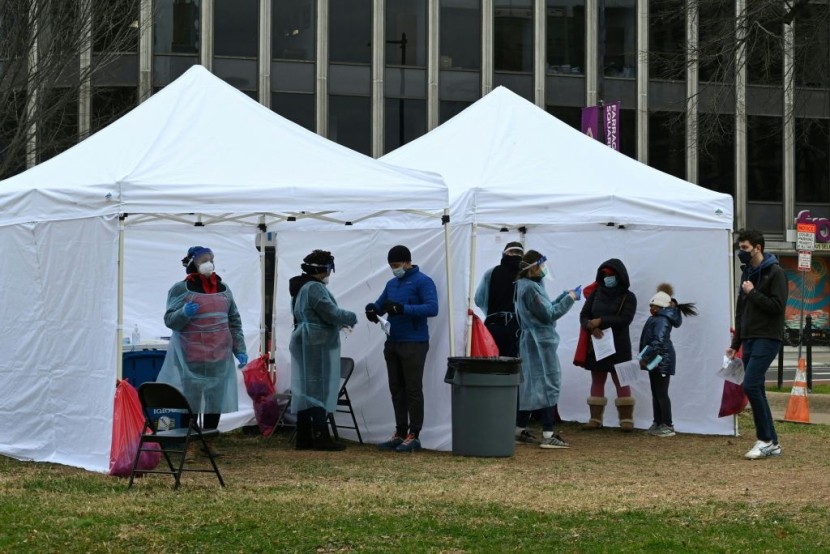
The Omicron variant has continued to spread throughout the globe after first being reported in southern Africa and has been associated with high transmissibility similar to the Delta strain of the coronavirus, and people are wondering what symptoms to look out for.
With more and more strains of the coronavirus spreading throughout the globe and the occasional cold or flu being a possibility, many are anxious about the slightest symptoms. While there are various symptoms related to all of these illnesses, there are multiple differences to get a notion of which one you are infected with.
Coronavirus Symptoms
Some of the most common symptoms that many people are complaining about and fearing are from a coronavirus strain: runny nose and cough that just won't go away. They also reported feeling "under the weather" and not their usual selves.
Another common symptom is fever, and while it is seen in all of the aforementioned illnesses, everyone should be aware that it is common in both the coronavirus and the flu while being rare among cases of colds. People should always be observant of shortness of breath, difficulty breathing, or loss of taste or smell because this signals an individual is infected with COVID-19, The Sun reported.
Many people's worries come as breakthrough infections of the coronavirus are surging in the United States, specifically in Chicago and Illinois. However, health experts have said that the symptoms that people will most likely feel will depend on the vaccine that they have received.
The top doctor in Chicago, Dr. Allison Arwady, the Commissioner of the Chicago Department of Public Health, said that the new Omicron variant was not necessarily bringing new symptoms into the fray. He said that now that the vaccines are widely available, more people are experiencing mild symptoms depending on their vaccine brand.
"The symptoms that we're seeing are not different with Omicron than they were with Delta than they were with the original. It's just that we are seeing more what we call breakthrough infections. So the vaccines continue to protect, but not as well against infection, although they continue to protect beautifully against severe illness," said Arwady, NBC Chicago reported.
Omicron Variant
Additionally, data released by South Africa previously suggested that residents who were infected with the Omicron variant developed a scratchy or sore throat along with nasal congestion, a dry cough, and muscle pain, especially low back pain.
However, these symptoms were also observed among patients who were infected with the Delta variant and the original strain of the coronavirus. An adjunct professor at the University of Pennsylvania and the chief executive of Dear Pandemic, Ashley Z. Ritter, said that it is still too early to tell if there were major differences in symptoms between the different strains of the coronavirus.
An infectious disease physician at the University of California, Los Angeles, David Geffen School of Medicine, Dr. Otto O. Yang, said that there was a large overlap of symptoms between Omicron and previous variants. Yang said that if there were any actual differences, they would be fairly subtle, the New York Times reported.
Related Article : WHO Raises Concerns of Omicron Surge as CDC Issues Shortened Isolation Requirements Supported by White House
© 2026 HNGN, All rights reserved. Do not reproduce without permission.








